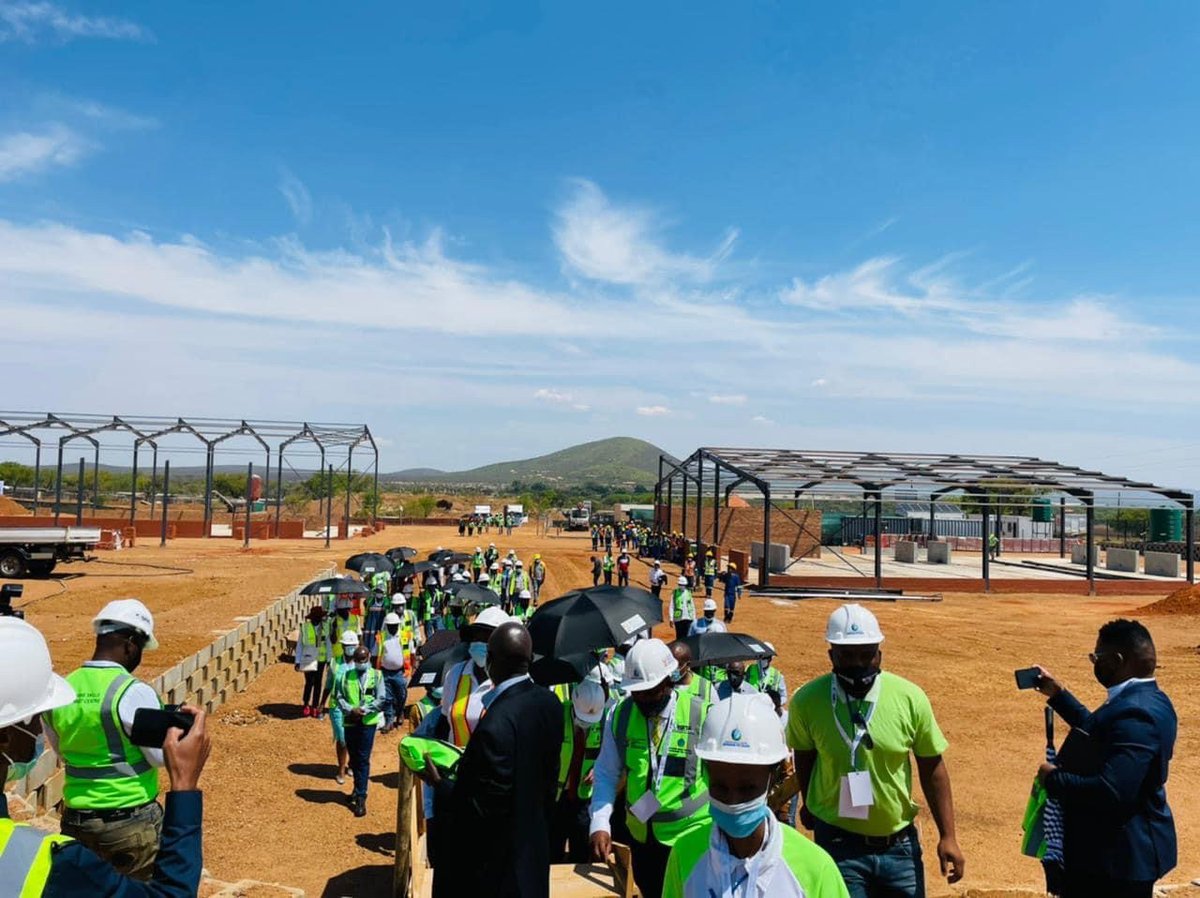The Wholesale and Retail Sector Education and Training Authority (W&RSETA) has invested over R131 million in the Sekhukhune Skills Development Centre in Limpopo, advancing the goals of the National Skills Development Plan to support the growth of the public college system as one of the key solutions to the country’s skills challenges.
Also Raed: Tubatse gets its own Thuthuzela Care Centre
The Sekhukhune Skills Development Centre’s So-Turning event on Thursday, according to Minister Blade Nzimande of the Department of Higher Education and Training (DHET), will cultivate one of South Africa’s most scarce skills: craftsmen.
The minister noted that the construction of this centre will greatly assist the work of our Decade of the Artisan project, which is directed by the Deputy Minister of Higher Education, Science, and Innovation and aims to produce 30 000 artisans year by 2030. The effort is in line with the government’s National Development Plan, which recognises the importance of artisanal programmes in improving South Africa’s economy.
This project was created following the government’s District Delivery Model, which intended to bring services closer to people. This was crucial in coping with urbanisation since young people preferred to fight for limited opportunities in cities rather than building their own in rural and township areas.
He noted that the W&RSETA had examined the building of the centre and the wider benefit to the people of Sekhukhune’s socio-economic growth, emphasising that skills development was an intrinsic element of economic development and that the two could not exist in isolation.
The SETA will teach 45 informal merchants in the centre’s neighbouring areas in financial management, helping them to improve how they conduct their businesses. This is in keeping with the W&RSETA’s goal, which includes an annual training programme for 2400 informal merchants. The W&RSETA’s support, which includes a R9 million investment and the construction of trading booths, will aid informal traders in Sekhukhune. This project will also include the construction of a traffic circle and an access road connecting to the centre. The total cost of this infrastructure project is R6.9 million.
The project has aided about six local businesses, resulting in the creation of 267 jobs. Local enterprises gained about 30% of the project money, according to reports obtained by Nzimande.
The Sekhukhune Skills Development, according to W&RSETA board chairperson Reggie Sibiya, was visionary since it was done before the National Skills Development Plan, which made it essential for SETAs to provide infrastructural support to TVET institutions a year later. The multi-million dollar facility that will be built here will include a retail and agricultural hub, engineering workshops, and an administration building.
Organic items would be grown in the Sekhukhune rural community and sold across South Africa and maybe beyond the borders of the country.

